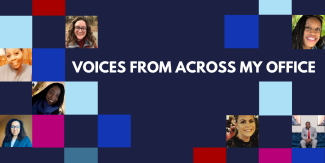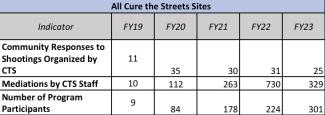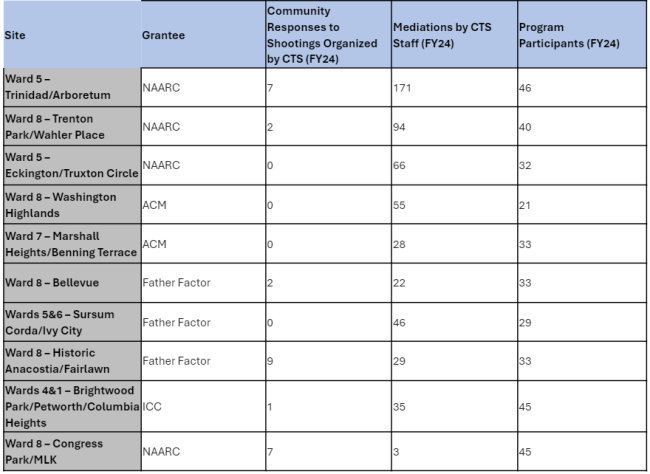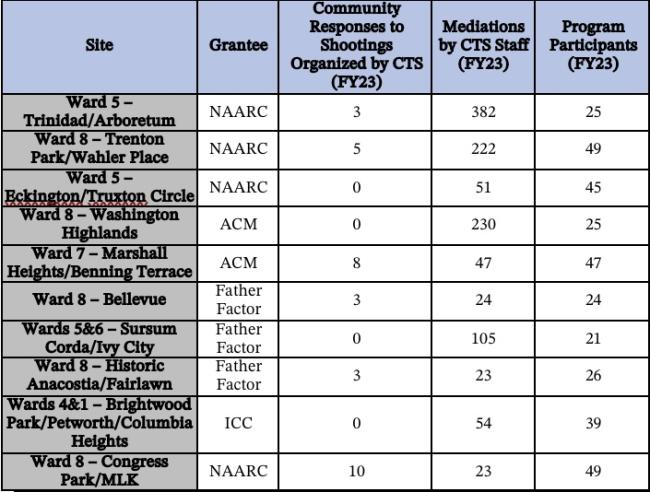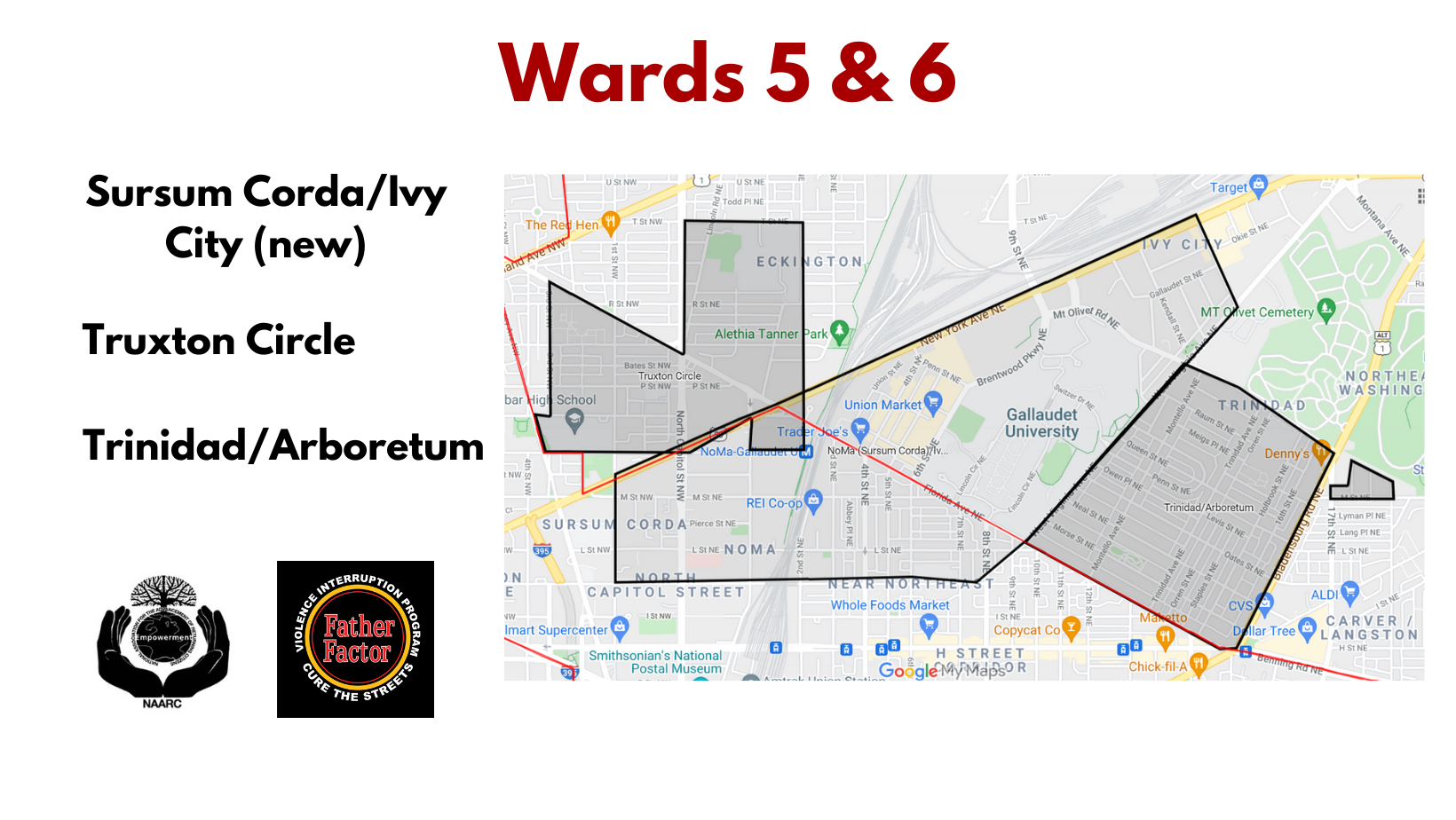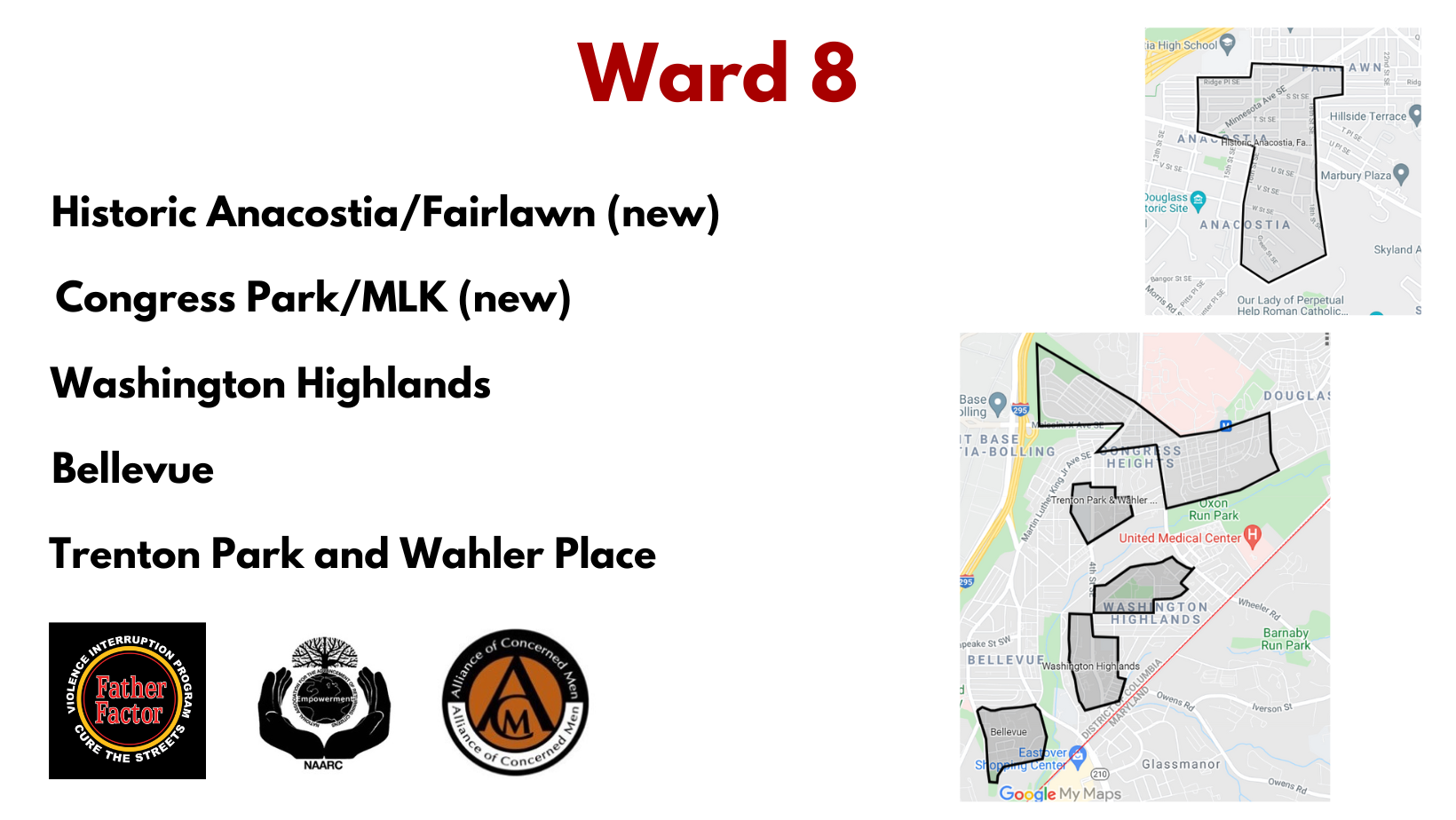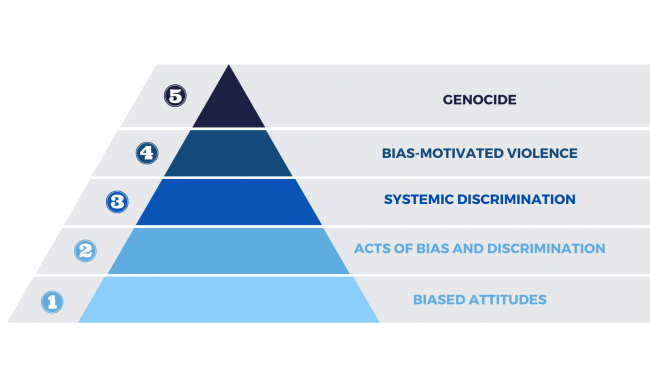What is hate?
Hate generally starts with bias that is left unchecked. Bias is a preference either for or against an individual or group that affects someone’s ability to judge fairly. When that bias is left unchecked, it becomes normalized or accepted, and may even escalate into violence. When hate manifests against a person or group of people, it usually derives from ignorance, anger, fear, a sense of injury, or a perceived threat to the status quo.
When the word “hate” is used in law, such as “hate crime law,” it does not mean rage, anger, or general dislike. In this context, “hate” means bias against people or groups with specific characteristics.
The pyramid of hate shows how bias can escalate from attitudes to more severe forms of hate.
What is a hate crime or bias-related crime?
A hate crime or bias-related crime is a crime that is committed against a person or group of people because of bias or prejudice. The legal definitions of a hate crime vary between states and the federal government.
In the District, a hate or “bias-related crime” is defined as a criminal act that demonstrates prejudice based on someone’s actual or perceived race, color, religion, national origin, sex, age, marital status, personal appearance, sexual orientation, gender identity or expression, family responsibility, homelessness, physical disability, matriculation, or political affiliation.
The District’s Bias-Related Crimes Act of 1989 provides for increased penalties whenever a crime is motivated by bias or hate.
- Potential for Increased Fines and Imprisonment for Perpetrators: When a person is charged with and found guilty of a bias-related crime, they are subject to higher penalties – including sentences up to 1.5 times the maximum fine and period of incarceration for the underlying crime.
- Civil Remedies for Survivors: Survivors who are injured or whose property is damaged as a result of a bias-related crime may also seek civil action for relief, separate from any criminal action the government pursues.
A federal hate crime is a crime that is committed against a person because of prejudice or bias. Survivors of hate crimes are singled out simply because of their actual or perceived race, color, religion, national origin, gender, sexual orientation, gender identity or disability. For an overview of federal hate crimes and related federal laws, see the Department of Justice’s Hate Crime Laws page.
What is not a hate crime?
A crime that is motivated by hate is a hate crime. If one of these components is missing, or if the motivation is unclear, it is unlikely to meet the specific legal standards of a hate crime.
An act or incident of hate, bias or discrimination that is not a crime, however, may nonetheless violate other laws, or may require de-escalation or restorative justice efforts, and should still be reported.
Hateful speech alone is not a hate crime, regardless of how offensive and abhorrent it may be. Speech is often used as evidence of the bias-motivation but is not a crime in and of itself.
Sometimes these legal nuances are best understood through scenarios.
Scenario A: A person assaults another outside of a club because of their perceived race, religion, sexual identity, or other protected class. This is likely a hate crime. In this scenario there is a crime, hate, and the hate is the motivating factor in the crime.
Scenario B: A person robs another and uses hateful language during the robbery. It is unclear if this is a hate crime because without additional detail, we do not know if the perpetrator’s decision to commit the robbery was motivated by hate or another factor. In this scenario there is a crime and hate, but it is unclear if hate is the motivating factor in the crime. The crime may still be prosecuted as a robbery, but additional information is necessary to determine whether it is a hate crime.
Scenario C: Each morning, a person waiting for the bus makes hateful comments to another person at the same bus stop because of their perceived race, religion, sexual identity, or other protected class. This is not a hate crime. In this scenario there is hate but no crime. This street harassment should be reported to authorities because it is harmful behavior and could escalate to a hate crime. De-escalation, and restorative justice efforts may be helpful.
Why should someone report a hate crime?
Bias-related acts have a tremendous effect on an entire community. When one person is targeted because of their race, religion, ethnic origin, sexual orientation, or other characteristic, others in the community who were not the direct targets of the hate crime may also feel at risk. Reporting hate crimes is an important step in stopping them, getting support for survivors, and preventing incidents from escalating. A person who commits a hate crime cannot be brought to justice and held accountable if the crime is not reported. In addition, collecting accurate data on the number and types of hate crimes or bias-related incidents is one of the only ways in which police, prosecutors, elected officials, and community organizations can determine the extent of hate crimes and what resources are needed to prevent them.
How can I report a hate crime?
Read more about how to report a hate crime under Help for Hate Crime Survivors.
What legal authority does OAG have to protect District residents who have experienced discrimination or hate crimes?
OAG fights discrimination and protects the civil rights of District residents through the District’s Human Rights Act (DCHRA), which outlaws discrimination in employment, housing, education, and public accommodations based on protected traits including race, religion, national origin, sexual orientation, gender identity or expression, and disability. In addition, OAG advocates for legislation to strengthen civil rights and antidiscrimination laws and engages in education outreach with the community so that residents know their rights. Learn more about illegal discrimination and how OAG is working to defend your civil rights.
As to hate crimes, the United States Attorney’s Office is primarily responsible for prosecuting bias-motivated offenses committed by adults. OAG prosecutes juveniles who commit bias-motivated offenses in appropriate cases. Finally, OAG supported the passage of B23-0513―Hate Crime Civil Enforcement Clarification Amendment Act of 2019, which now authorizes OAG to bring civil hate crimes charges against an individual who commits a designated act of bias.
How can I join OAG’s efforts to counter hate?
Email PeopleVHate@dc.gov to learn about how to get involved and join upcoming events.

